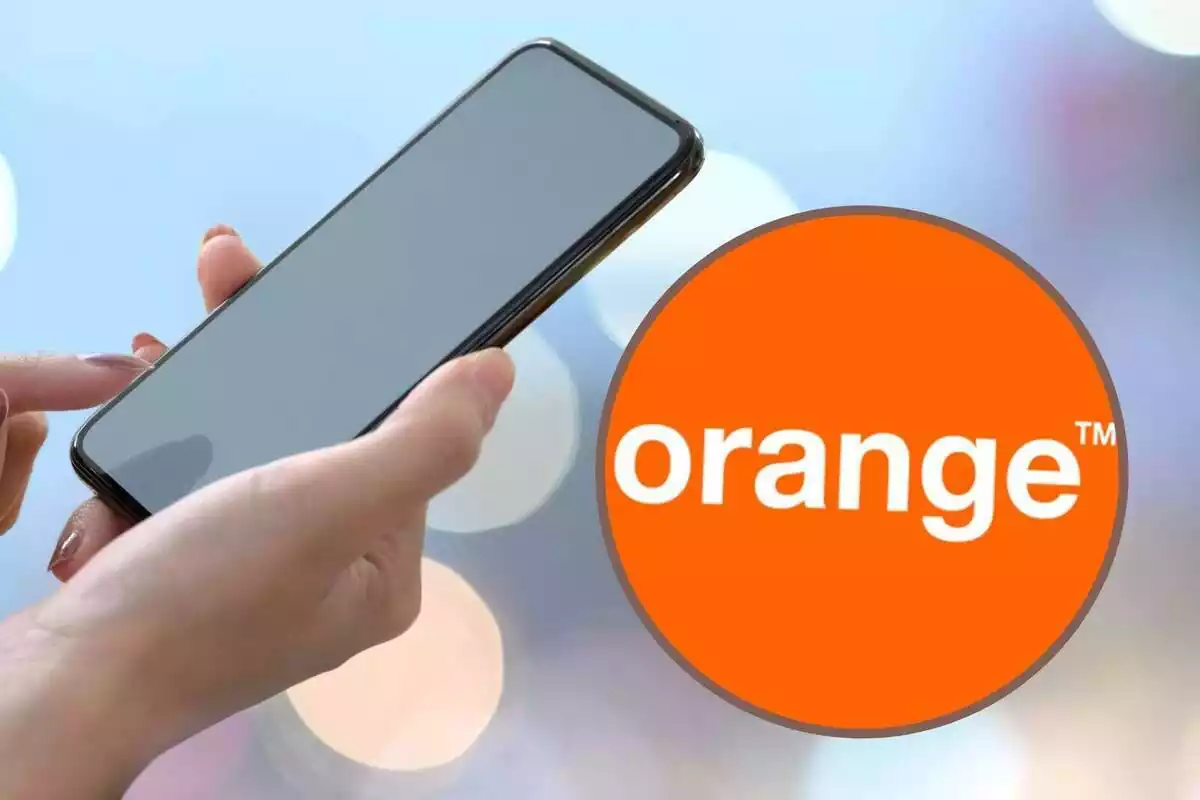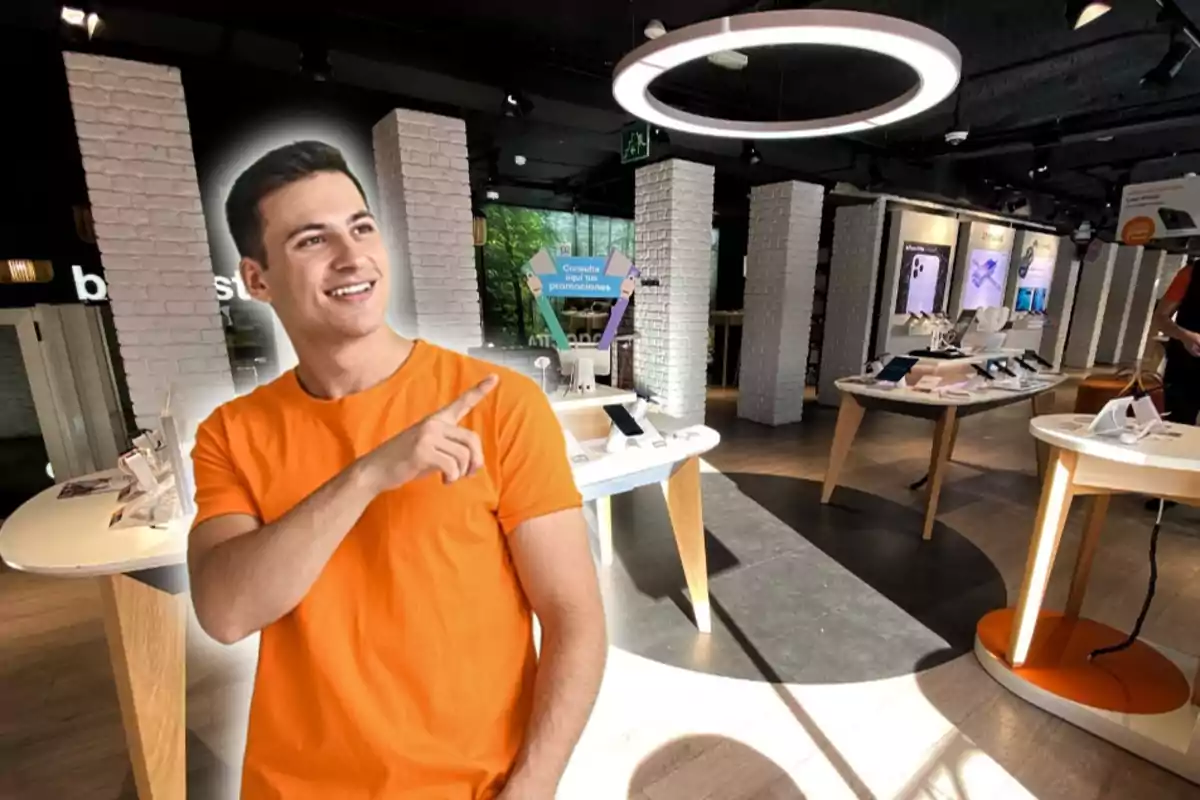Orange has taken a historic step in Spain by activating 5G Advanced technology, also known as 5.5G. This major advancement is not just another technical improvement. It is, in fact, a big leap toward the future of telecommunications, serving as a bridge between the current 5G and the upcoming 6G.
The launch of this next-generation network has begun in Seville. The operator, through its new brand MasOrange, has chosen the La Cartuja area as the first setting to deploy this network. This action is part of the eCity project, an initiative that seeks to apply technology to real-life situations.
Orange wants to go further than anyone
Unlike the transition from 4G to 5G, which was very noticeable in terms of speed and latency, 5G Advanced represents a deeper improvement. This new version of the network uses frequency bands of 3.5 GHz and 26 GHz, allowing download speeds that reach up to 2 Gbps. This means it is 40% faster than the 5G we currently use on our mobile phones.

In addition to higher speed, this technology offers much lower latency, making communications almost instantaneous. But the improvements don't stop there.
5G Advanced introduces innovative features such as a capability that allows detecting objects with extreme precision using only radio signals. It also transforms traditional calls into multimedia experiences, without the need for external applications.
A deployment for everyday life
The new infrastructure has been developed alongside Huawei using 5G Standalone architecture. This means it is not just a simple improvement of the previous 5G, but a network built from scratch. It's as if Orange has built a new technological highway capable of supporting the vehicles of the future.

What will it be used for in our daily lives? The applications are many and varied. In the healthcare field, for example, patients can be monitored remotely in real-time. In the automotive sector, vehicles will be able to detect obstacles or accidents before we reach them.
In factories, robots and machines will be more connected than ever, anticipating breakdowns and improving productivity. Even logistics will benefit with delivery drones and high-precision smart tags.

